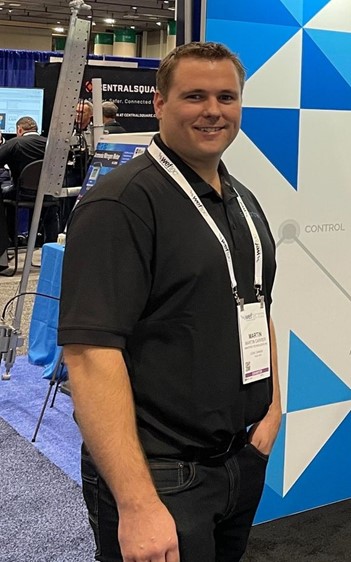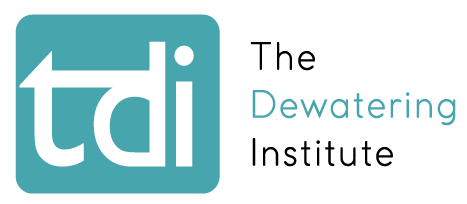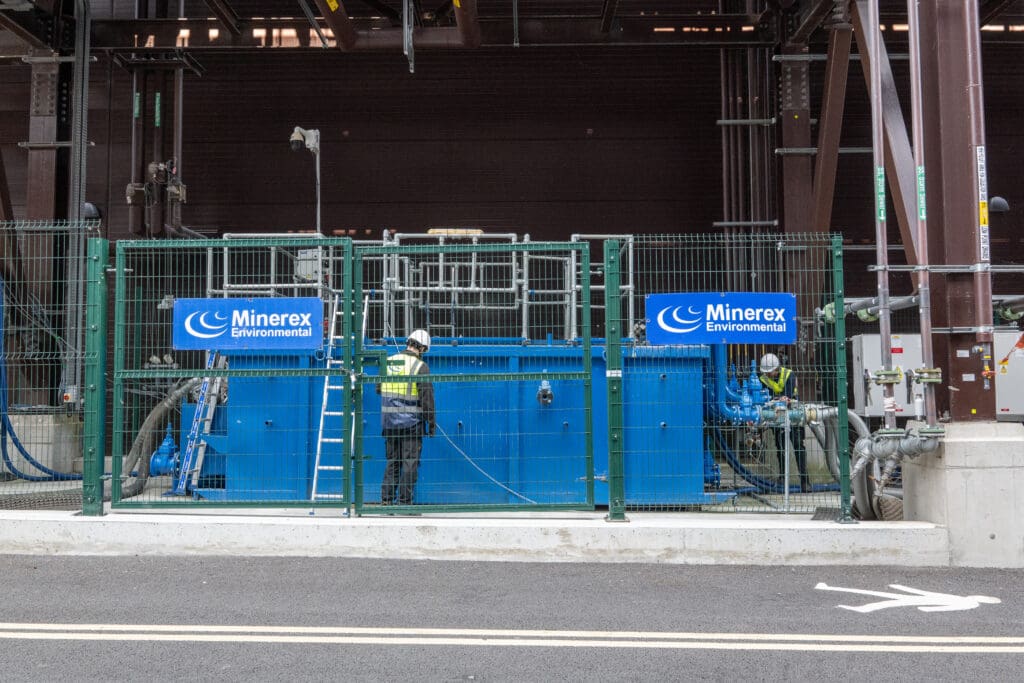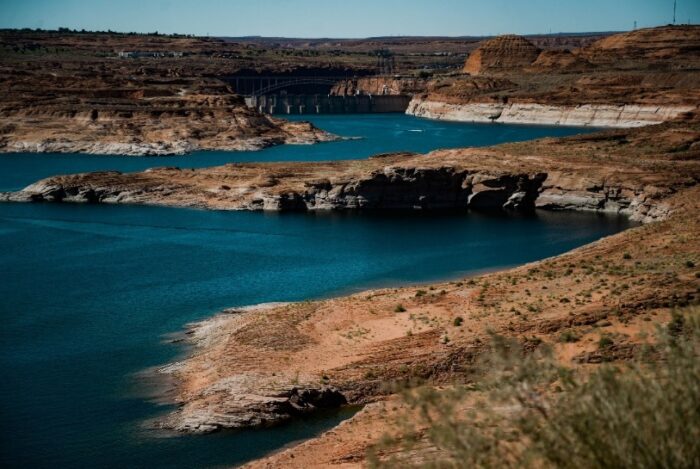As part of The Dewatering Institute‘s commitment towards knowledge sharing, TDI is developing a series of monthly interviews of industry leaders, and professionals from different parts of the world. One of the month’s editions features Martin Carrier CEO of Smartrek Technologies based in Lévis, Quebec, Canada.
Martin helps businesses scale-up and innovate by integrating wireless solutions within their development process. In other words, he helps you manufacture high-performance wireless products destined for demanding environments such as municipal, mining or remote.
Martin’s 10+ years of experience working as an entrepreneur and as a mechanical engineer has allowed him to develop, with his team, an easy solution to wireless sensor network integration and wireless communication for businesses in diversified industries. He is an IoT and wireless expert, guiding your technology to the next level by bridging the gaps between physical product/hardware and the IoT in an easy and seamless process.

Share a bit of your background: tell us about your dewatering history and how you got into the industry?
I grew up in the countryside with a family who had innovation at heart. Growing up in this environment, I quickly learned values such as persistence, hard work, self-improvement, surpassing oneself, creativity, and patience that have paved the way for the entrepreneur I am today.
My atypical path has led me to start several agricultural and maple syrup businesses in Canada and the US, as well as to co-found Smartrek Technologies. When we launched Smartrek Technologies, we developed a comprehensive wireless monitoring system with vacuum sensors, tank levels, and remote controls to help maple syrup producers be more efficient in their day-to-day tasks and increase their yield. At that time, I had little knowledge of dewatering. It was almost by chance that we got involved in the industry.
The president of WJ Canada, one of our foremost customers, was also a maple producer. At the time, he was using our equipment for his maple operation and suggested to us that he could use our sensors to monitor wellpoint vacuum pumps to gain insight into his dewatering operations during the construction of the Eglinton/Crosstown LRT in Toronto.
In your opinion, what has been the biggest development in the industry through the years?
I might be a little biased here, but I strongly believe that remote monitoring, like in many other fields, is revolutionizing the industry. Our customers have gone from visiting each site everyday to check if everything is running smoothly, to only going when necessary. The savings are huge. Being able to optimize their machinery to reduce power consumption, diesel usage, etc. has also helped reduce operational costs considerably.
What are the biggest challenges that you’ve seen in the industry over the past few years, and what do you see as potential challenges in the future?
Qualified personnel has definitely been a challenge over the past years and will continue to be so in the coming years as well. I strongly believe that technology, automation, and remote monitoring can help to improve efficiency and make up for the shortage of manpower.
How do you see technology playing part in the industry in the future?
I think technology will become more and more intertwined in the day-to-day operations of dewatering contractors. Customers demand more visibility on the work of contractors, and technology can help them offer transparency in their operations. At some point, we will be able to operate complex dewatering operations completely from a remote location.
What would you recommend to the new generations coming into this industry and why?
Educate and train yourself. Always look out for new ways to improve your processes and efficiency. It’s how you will be able to differentiate yourself and your business from the rest.
What’s the best piece of advice that you would give a younger version of yourself?
Probably to work in a startup/growing business for a few years before creating one. We made tons of mistakes that could have been avoided if we had more experience and training. We learned the hard way, but it was worth it in the end!
Why do you think TDI is important for the industry and how it can help the industry develop?
As I mentioned before, learning about your field to improve your processes is incredibly important. The main mission of TDI is to focus on the fundamentals of education, knowledge sharing, and best practices. Organizations such as TDI allow for the dissemination of information and the advancement of the entire industry; this is essential in a goal of optimizing resources and is essential in a world where resources are increasingly limited.
What is your life motto?
Never give up. There are always hard times, but in the end, those who persevere are the ones that never give up.
Ben Horowitz has a great quote in his book The Hard Thing About Hard Things: ‘’Whenever I meet a successful CEO, I ask them how they did it. Mediocre CEOs point to their brilliant strategic moves or their intuitive business sense or a variety of other self-congratulatory explanations. The great CEOs, however, tend to be remarkably consistent in their answers.
They all say, “I didn’t quit.”’’ I believe this is true not only for CEOs, but in most aspects of our lives.








